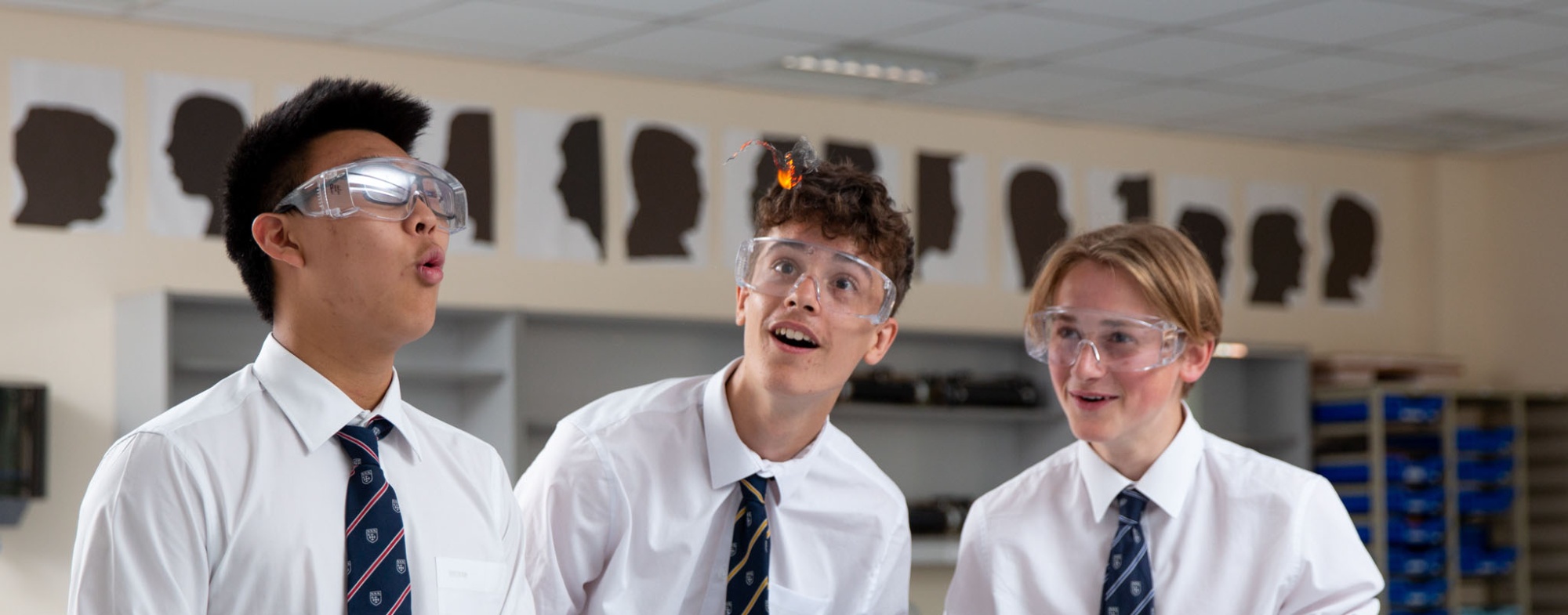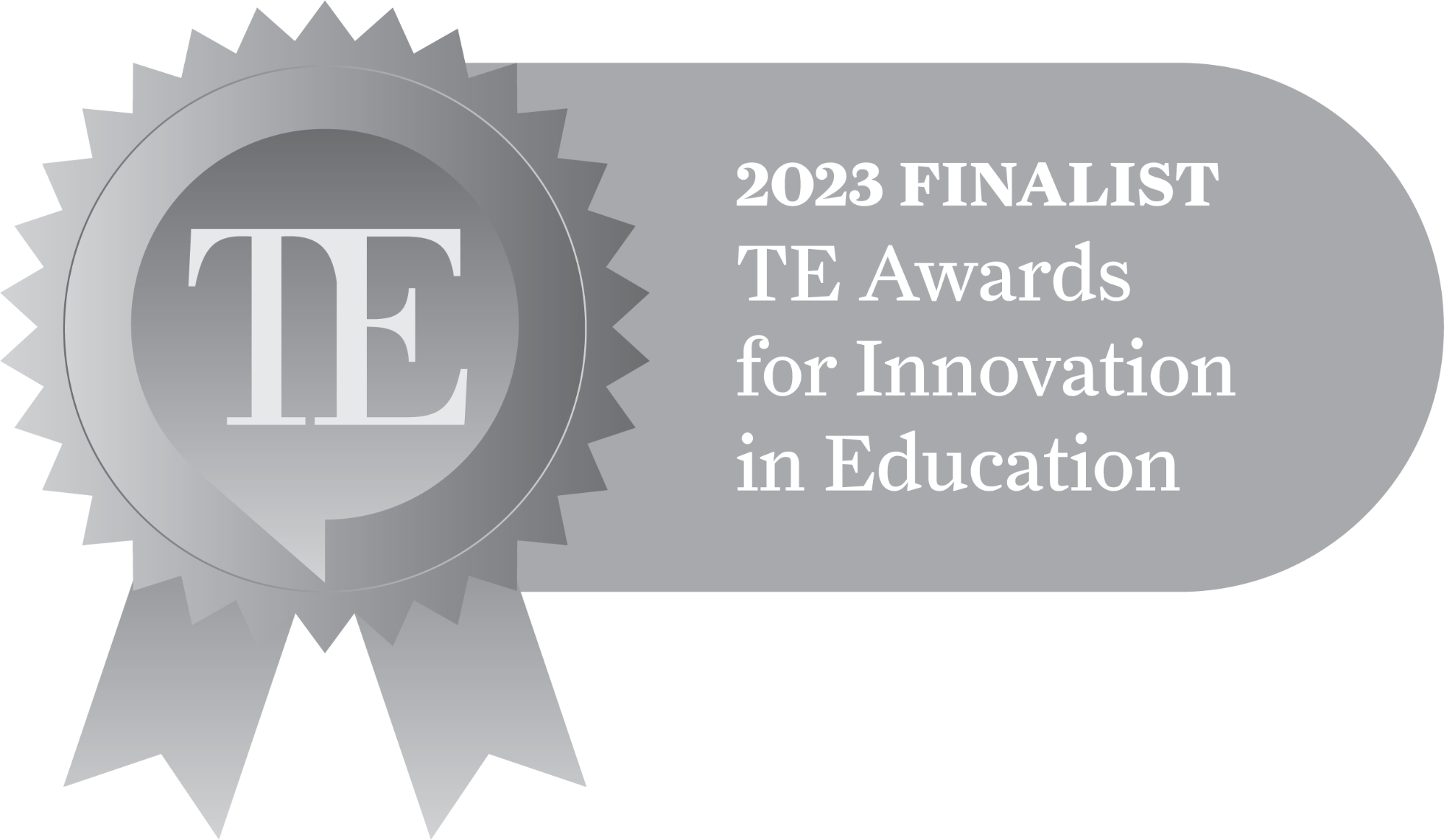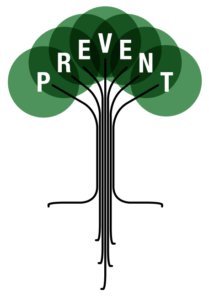A post-vaccine world - what now?

On Wednesday 2 December 2020, Boris Johnson announced in his press conference ‘the scientists have done it’,.....
On Wednesday 2 December 2020, Boris Johnson announced in his press conference ‘the scientists have done it’, hailing the ‘certain knowledge’ that British citizens would be able to ‘reclaim their lives and all the things about our lives that we love’ through the arrival of the newly approved Covid-19 vaccines.[1] Since then the roadmap out of lockdown in the UK has been on track and, as I type this, the total number of vaccine doses given has reached 33.7 million, with 12.9 million fully vaccinated. The scientists may have ‘done it’ but it is philosophers who are required to step up and answer the, arguably more difficult question of ‘what next?’ What do we reclaim? Should we reclaim it all? What does a post-vaccine UK look like? and, most importantly, what ought it look like?
The answer to ‘what next?’ may be simple. Let us hastily drop one of the most irritating phrases of 2020, the ‘new normal’ like a hot potato and bounce back to the ‘old’ or just plain ‘normal normal’, as quickly as it is safe to do so. Roll on 21st June! Using this line of thought, what should a post-vaccine UK look like? Answer: the same as it did before.
This is certainly doable; however one could argue that what we did before could be improved on, particularly in light of new facts, patterns of behaviour and a shift in social values. Firstly, Covid-19 has changed the way we ‘do’ life. Workers are increasingly showing support for a hybrid model of remote working and increased flexible working hours. Students have engaged with online learning and teacher-based assessments are being posed as a viable permanent alternative to the previous examination system. Some have re-evaluated their priorities, finding the confidence to leave unfulfilling jobs and instead pursue their dreams and passions. Others have relocated away from the urban buzz to a quieter pace of life. So perhaps the way we work, the way we learn, where we live and the structures surrounding those values needs to shift. How do you think things have changed? Are these positive, negative or neutral changes? Do you think they are permanent or a temporary change? If permanent, positive and/or neutral, how could society best reflect those changes? What would need to happen?
Covid also has revealed ugly truths about British society which many were previously wilfully or blissfully ignorant of. As Professor Azeem Majeed, Head of Department of Primary Care and Public Health at Imperial College London put it ‘ COVID-19 has shone a spotlight on inequalities that have existed for years and made them very stark.’[2] To cite a few examples, Covid-19 has exposed health inequalities between ethnic minority and white groups, between different ethnic minority groups[3] and between able and disabled people.[4] It has highlighted the prevalence of domestic abuse with a rise in offences recorded by police in England and Wales and a significant increase of third-party calls to the police reporting domestic incidents in 2020, mostly likely because people were spending more time at home.[5] Additionally, Covid-19 has plunged Britain and its inhabitants into a financially very different picture. According to the Legatum Institute, almost 700,000 people in the UK, including 120,000 children were living in poverty in Winter 2020 with 270,000 more people in the deepest form of poverty all as a result of the pandemic.[6] There are more examples to consider and it is important to note that the statistics, data and findings are incomplete at the time of writing. Are there any other issues of injustice or inequality in society which you feel need addressing in the UK? Why are they important and to whom? How could one go about dealing with or helping reduce those issues on both an individual and collective level?
 In Theology and Philosophy lessons, Year 7 boys complete a half-term unit on Political Philosophy in which they consider and evaluate various political theories, laws and forms of punishment such as the death penalty. The main assessment for this Scheme of Work requires students to work in a group to create a perfect island; a political and just utopia. The boys decide on laws including any age limitations, political structures, military/defence (if any), education, healthcare (if any), social services, trade, pensions etc. The conclusions made by each group are shown in a presentation to the class and are often a real highlight of the year. Therefore at this point, one could argue that Year 7 students could present a persuasive argument for what British society should look like post-vaccine; they’ve got it all worked out and they are our future.
In Theology and Philosophy lessons, Year 7 boys complete a half-term unit on Political Philosophy in which they consider and evaluate various political theories, laws and forms of punishment such as the death penalty. The main assessment for this Scheme of Work requires students to work in a group to create a perfect island; a political and just utopia. The boys decide on laws including any age limitations, political structures, military/defence (if any), education, healthcare (if any), social services, trade, pensions etc. The conclusions made by each group are shown in a presentation to the class and are often a real highlight of the year. Therefore at this point, one could argue that Year 7 students could present a persuasive argument for what British society should look like post-vaccine; they’ve got it all worked out and they are our future.
Unfortunately whilst Year 7 students may offer an answer, it is not without its flaws. Students often let personal biases and prejudices get in the way of their answer. This is best demonstrated in the fact that every year, without fail, there is one area of government spending that the boys fail to consider: pensions. The reason for this is obvious – out of everything listed above, pensions affect them the least. As such, they do not really consider it. Year 7 are not alone in this weakness, if I asked you to redesign society from scratch, to have the chance to redistribute wealth and power, to make everyone equal or to ensure fairness, without real effort, you too would probably fail to adopt a birds eye, impartial view of what the just society should look like because our lenses are too clouded with our own experiences and world-view to see clearly. Are you aware of any factors or bias that may influence your worldview?
So, what should be done? How can we pose a better, post vaccine UK society without bias? I argue the best answer comes from American Political Philosopher John Rawls who poses an interesting thought experiment which I encourage you to consider. He poses the question: what would the blueprint for a just society look like?, with a twist. You must answer from behind a veil of ignorance. Behind a veil of ignorance, you do not know what kind of a person you will be in the society you design. You may be a different class, a different gender, have different privileges, have different abilities, have a different personality, have a different sexual orientation or be born into a different socioeconomic position. You may enjoy knitting or rock music, you may live to 100 or have extremely poor health, you may be unemployed or have a hugely successful career; you simply do not know how or who you will be. From behind such a veil, Rawls argues that one would be forced to opt for a genuinely fair and just society as most forms of cognitive bias would be eliminated. If you were to stand behind a veil of ignorance, what would your blueprint for a post-vaccine UK look like? This is a hypothetical not literal experiment, however is Rawls demanding too much? Is it ever possible to go behind the veil of ignorance? Can we rid ourselves of unconscious bias? What are the alternative steps to do so?
Covid-19 continues to bring horrors, hardships and pain across the globe. It has also provided opportunities for gratitude, humility, genuine kindness, progress, and collaboration aplenty; chiefly by providing 7.8 billion people in the world with a common foe. The world has changed and the future is yet to be written. I invite you to discuss the philosophical questions posed in bold within this article with your family and friends. Thank you for reading.
Mrs Jacka, Head of Theology and Philosophy
[1] https://www.theguardian.com/politics/2020/dec/02/the-scientists-have-done-it-boris-johnson-hails-covid-vaccine
[3] https://www.health.org.uk/news-and-comment/blogs/the-forgotten-crisis-exploring-the-disproportionate-impact-of-the-pandemic
[4] https://www.health.org.uk/news-and-comment/blogs/the-forgotten-crisis-exploring-the-disproportionate-impact-of-the-pandemic














